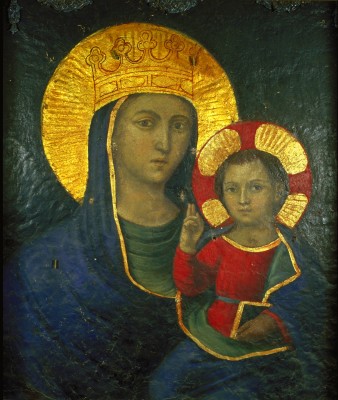Sfide alla missione in Asia meridionale
Il Presidente della Conferenza dei Provinciali gesuiti dell’Asia meridionale (JCSA) ha deplorato la crescente influenza del fondamentalismo e del nazionalismo ristretto.
Il P. George Pattery ha affermato: “Il crescente fondamentalismo, il nazionalismo ristretto e la campagna di odio promossa dall’attuale regime in India, è motivo di preoccupazione e costituisce una grossa sfida. Le minoranze, soprattutto i musulmani, si sentono isolati. Questo non va bene per il Paese. Come Conferenza, abbiamo diffuso una dichiarazione che interroga l’ideologia di una nazione indù e siamo impegnati in uno studio e una riflessione continui. Questo movimento fondamentalista è potenzialmente una forza di divisione che può rompere il tessuto sociale.”
Qui l’intervista integrale in inglese a padre George Pattery – South Asia (JCSA)
In your service as JCSA President, what has been, up to now, your main source of “consolation” or of joy?
The wide spread acceptance and practice of spiritual conversation as a significant tool for discernment in common gives me immense joy. It is making a difference in our meetings of commissions and in community life. Everyone is heard and given significance. Everyone is speaking. In the process, community life gets a new meaning. We learn to discover the interior movements within each one and in the group as a whole. Besides, this tool can be easily adapted to our board meetings and discussions in the commissions. Spiritual conversation is giving us a sense of walking with the Spirit.
In the context of your Conference, what are the main challenges you will be facing during the coming months?
The main challenges can be divided into two parts: ad extra and ad intra.
Ad extra: the growing fundamentalism, narrow nationalism and hate campaign that is being promoted by the present regime in India, is a matter of great concern and challenge. The minorities, especially the Muslims, feel alienated. This is not good for the country. As a Conference, we circulated a statement interrogating the ideology of a Hindu nation and we are engaged in on-going study and reflection. This movement is potentially a divisive force that can rupture the social fabric.
Ad intra: As a Conference, we are still struggling to include all the countries of South Asia in our apostolic planning. Our concern is still predominantly centred on India. Secondly, as a Conference we are still expanding and building institutions without a definite apostolic plan. I do hope that once UAP (universal apostolic preferences) are finalized, we will be able to give better focus. Thirdly, again at the level of the Conference, we have to invest our energy in forming a team of lay collaborators.
What will you mainly remember from your participation to Father General’s Consiglio allargato, in relation to the process toward the definition of Universal Apostolic Preferences?
The process that we went through and are going through in arriving at UAP is very satisfying. It gives me immense sense of consolation; in these extended consultations, we have been refining our approach; it has been a learning process. Secondly, I admire the decision that Fr. General took to consult the entire Society on UAP. This gives every Jesuit a chance to be part of this process, with a greater sense of universal body for universal mission. There is a sense of moving together as a body with a definite plan.
